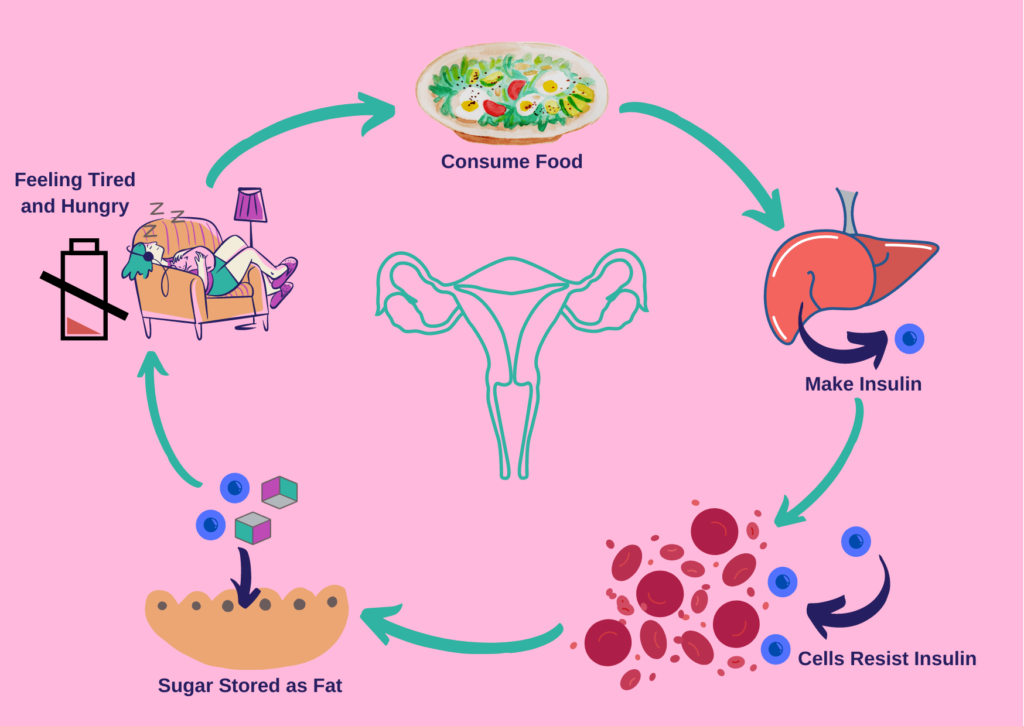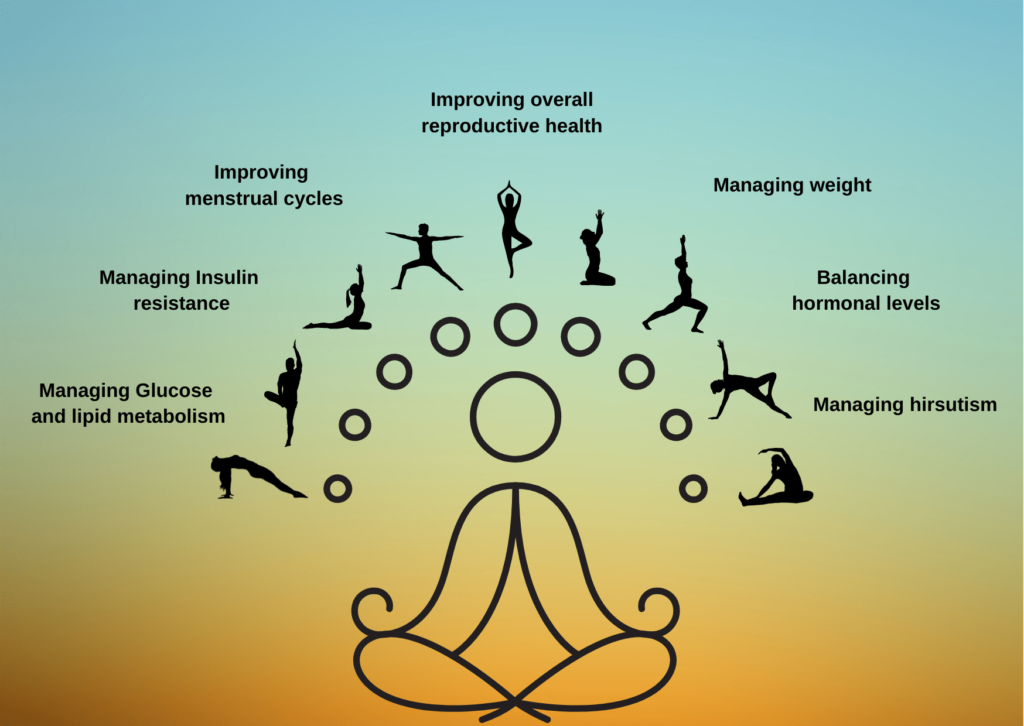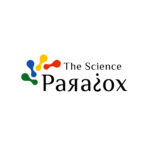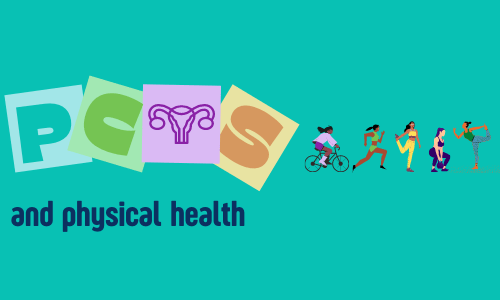Polycystic Ovarian Syndrome is a complex endocrinological disorder, presenting a plethora of symptoms in the female body. These manifestations include cysts in the ovaries, irregular menstruation, hyperandrogenism leading to excessive hair growth (hirsutism), dark patches on skin (Acanthosis nigricans), several hormonal imbalances especially of sex hormones and insulin, leading to further complication in the body. Yes, it is quite tricky to comprehend at times!
Insulin Resistance, wherein the body doesn’t respond properly to the required insulin levels, is quite common in cases of Polycystic Ovarian Disease. As stated in my previous article, Insulin Resistance can lead to several
complications in the body, such as elevated insulin levels, excessive androgen levels, elevated fat deposition, cardiovascular diseases, and even type 2 diabetes.
Obesity is a medical condition which involves deposition of excessive body fat. People who have a Body Mass Index or BMI greater than 30kg/m2, are obese in general. Body Mass Index is basically the ratio of a person’s body mass to the square of height and helps in determining if a person is having a normal weight, is underweight, or obese. Obesity is a serious condition which is on the rise because of unhealthy lifestyle or metabolic disorders. Also, it is quite prevalent among women suffering from PCOS. Insulin resistance can develop obesity.
Even though medications are present to control many of these symptoms, lifestyle modification is paramount to
managing PCOS. Regular exercises form a crucial part of these lifestyle changes. As stated earlier, majority of
“cysters” are obese and weight loss is considered to be an important strategy for treatment. According to Teede et al. a 5-10% reduction in body weight of obese PCOS cases is beneficial for improvement of various related
conditions. Weight loss has shown to improve various factors related to PCOS. In obese PCOS women suffering
from lack of ovulation, weight loss has been helpful in restoring regular menstrual cycle leading to pregnancy,
reducing insulin levels and acanthosis nigricans, lowering androgen levels and raising levels of sex hormone
binding globulin, that are proteins involved in the regulation of sex hormones in the body. However, it is also stated that benefits can occur without significant loss in body weight.
Several studies have been conducted to evaluate exercise benefits to control obesity, excessive levels of androgens, insulin resistance, and cardiorespiratory fitness. The common exercises recommended are cardio workouts and resistance exercises. Cardio workout involves high intensity exercises followed by an almost equal period of rest. It is useful in reducing body fat, enhancing oxygen consumption in the body, improving cardiovascular and metabolic health and reducing stress. Resistance training exercises tend to enhance the muscle strength by moving the body parts against a weight or force. These exercises help to build muscle strength, improve metabolism, maintain a healthy body weight and are also known to be beneficial to manage
insulin resistance.

Rigorous intensity aerobic exercises like running, brisk walking, jogging, or cycling, have shown reduction in the BMI and Waist Circumference of obese women with PCOS. Resistance training exercises, which include using weights and resistance bands, showed improvement in managing hyperandrogenism and insulin resistance. High intensity exercise was also found useful in managing Insulin imbalance in the body. The studies also concluded
that when these exercises are combined with a proper diet plan, the results are even more promising.
However, this isn’t always the case. Studies by Wright et al. on the effect of exercise on PCOS patients have
suggested that it might be difficult for obese women with the syndrome to lose body weight. The actual reason behind this anomaly needs to be investigated and is mostly associated with too many metabolic imbalances happening inside the body.
There are certain cases of PCOS in which the women have a normal BMI. This type is called Lean PCOS. It may
seem that being lean with PCOS is a boon. It can be, but if managed properly. Women with Lean PCOS have trouble in burning calories as compared to lean women without the condition. Lean PCOS women are advised to
manage their calorie intake and do cardio as well as resistance exercises to maintain BMI, burn calories easily and enhance insulin sensitivity.
Yoga, an Indian-origin discipline to promote physical, mental and spiritual well-being is now practiced all over the
world because of the various healthcare benefits. Yoga is also found to be useful in managing PCOS. Several
asanas help balancing hormone levels, managing weight, and improving overall reproductive health. Studies have shown that yoga is more beneficial than other physical exercises in managing various aspects of PCOS, such as glucose and lipid metabolism, and insulin resistance. Yoga has also shown to be helpful in improving menstrual
cycles and hirsutism. We will dive into the benefits of yoga on mental health in my upcoming article!

PCOS is definitely a complicated medical condition which needs to be rigorously studied. All we can say for now is
improving our lifestyle is extremely necessary in controlling the complications related to it. Minimizing sedentary
way of living, exercising regularly, engaging in more physical activities, and yes, having a balanced and healthy diet will definitely provide useful results to PCOS women and make their lives living with it much easier. And anyway, a healthy lifestyle makes a happy body, a happy mind and a happy you!
References:
- Chandrasekaran, B., Shetty, D., Singh, A., & Oliverraj, J. (2017). Exercise in polycystic ovariansyndrome: An evidence-based review. Saudi Journal of Sports Medicine, 17(3), 123. https://doi.org/10.4103/sjsm.sjsm_10_1
- Chaturvedi, S. (2021, June 30). Improve, sustain, balance: Yoga for PCOS. Hindustan Times.
-
Nidhi, R., Padmalatha, V., Nagarathna, R., & Amritanshu, R. (2013). Effects of a Holistic YogaProgram on Endocrine Parameters in Adolescents with Polycystic Ovarian Syndrome: ARandomized Controlled Trial. The Journal of Alternative and Complementary Medicine, 19(2),
-
Patten, R. K., Boyle, R. A., Moholdt, T., Kiel, I., Hopkins, W. G., Harrison, C. L., & Stepto, N.K. (2020). Exercise Interventions in Polycystic Ovary Syndrome: A Systematic Review andMeta-Analysis. Frontiers in Physiology, 11.
https://doi.org/10.3389/fphys.2020.00606
-
Shkodzik, K., MD. (2020, April 25). Lean PCOS: Tried-and-True Tips for Lean PCOSTreatment&inline=1. Flo.Health – #1 Mobile Product for Women’s Health.
-
Khademi, A., Alleyassin, A., Aghahosseini, M., Tabatabaeefar, L., & Amini, M. (2010). TheEffect of Exercise in PCOS Women Who Exercise Regularly. Asian Journal of Sports Medicine,
Writer

Sreelakshmi S Kumar
Sreelakshmi is pursuing her undergraduate course degree in Zoology from Fergusson College, Pune. The field of Immunology and Virology interests her the most. She harbours her love for science and teaching inside her, and she wishes to teach in the future. Dancing, reading and calligraphy are some of her leisure activities and she is a big foodie too!
Illustrator

Urja Kuber
Co-Founder & Director of Website Development & Logistics at The Science Paradox

